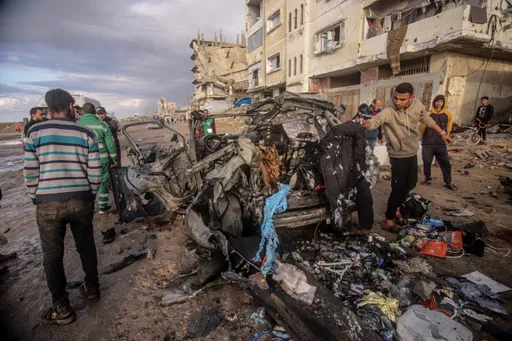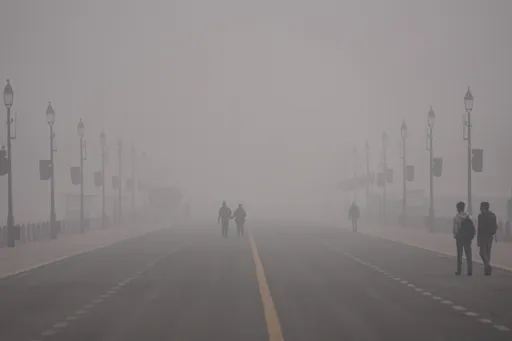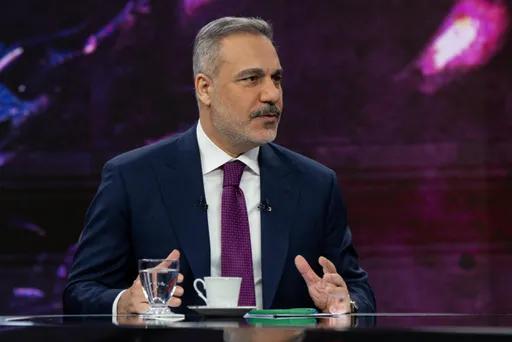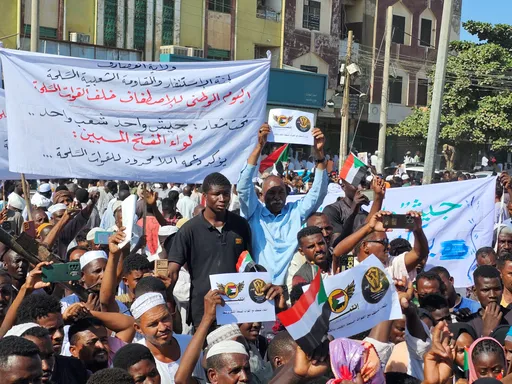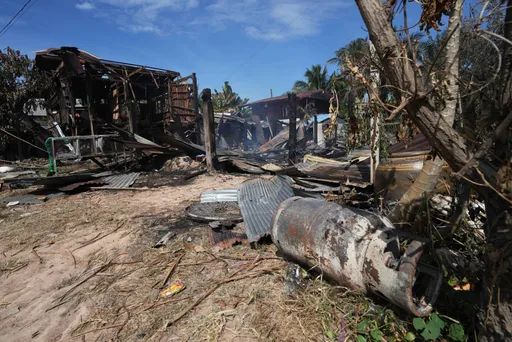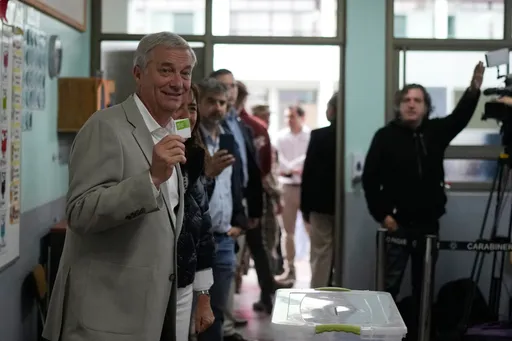The Al Abbas Islamic Centre in Balsall Heath, Birmingham, has become the first mosque in the UK to open as a Covid vaccination centre and is expected to vaccinate up to 500 people a day.
According to the BBC, the mosque's imam believes taking a frontline role will help dispel false information that the vaccine was forbidden in Islamic law.
"It will send a strong message to our Muslim brothers and sisters. We are doing this to say a big 'no' to fake news and a big 'yes' to the vaccine," Sheikh Nuru Mohammed said.
"Muslim scholars advise us to get the vaccine because the sanctity of life is important in Islam," Mohammed said.
England's health service, the NHS, has expressed fears false information and myths could stymie efforts to vaccine South Asian communities.
Earlier, the BBC reported Whatsapp messages circulating about the Covid-19 vaccine contained misinformation that the jab was made using animal products, playing into the religious sensitivities of both Hindi and Muslim communities in the UK.
Doctors from those communities have shared false information that they have come across that were circulating among their family and friends.
Birmingham mosque trustee Dr Rizwan Alidina told the BBC the "significance of the venue" will help rally the Muslims who are hesitant to show up for vaccination.
READ MORE:Johnson: UK likely to see more stringent measures to control virus
British Association of Physicians of Indian Origin Dr Ramesh Mehta also confirmed Bame (Black, Asian and minority ethnic) communities' vaccine hesitancy was underpinned by social media messaging on beef and pork products used in the vaccine.
AstraZeneca-Oxford, Pfizer-BioNTech and Moderna vaccines which have been approved in the UK do not contain animal byproducts.
Metha said the NHS needed to communicate key information about the vaccine using local languages, warning that some NHS doctors of South Asian origin were also sceptical about the vaccine.
NHS England regional medical director for London Dr Vin Diwakar acknowledged on Thursday that Asian communities had "legitimate and understandable concerns about the vaccines", concerns that "go back generations".
Dr Diwakar said at the Downing Street press briefing that some people were "told by their grandparents that experiments were done in the early part of the last century, that unethical experiments were done way back in the 60s".
He said, "I am convinced as a doctor, having looked at all of the research, looked at the processes that we have… this is a safe and effective vaccine."
READ MORE: UK plans to administer first Covid shot to all adults by September
Mistrust in South Asian communities is not limited to the 60s.
Covid-19 has highlighted the discrimination UK's BAME communities faced from access to health care to access to space.
Though the great outdoors has surged in popularity during the pandemic, green spaces are not equally distributed or easily accessible by all, according to British walking charity Ramblers.
The richest 20 percent of areas in England have five times more green spaces compared to the poorest parts of the country, a recent Ramblers report found - with people of BAME background making up only 1 percent of visitors to national parks.









